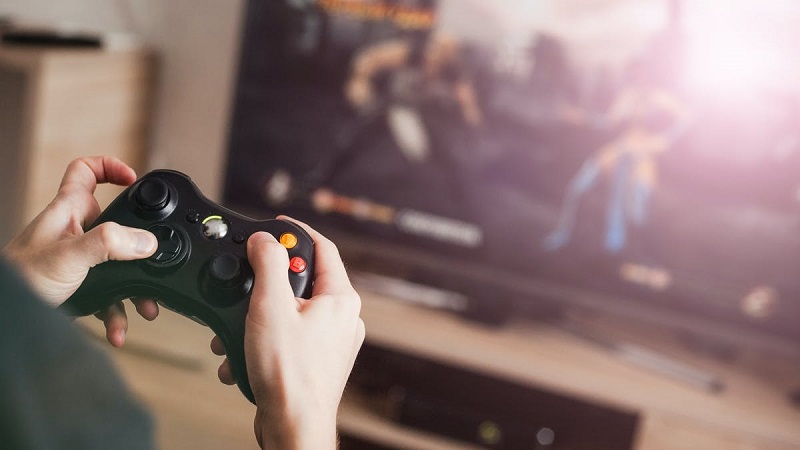It wasn’t always cool to play video games. As early as 12 years ago, there was a negative social stigma around gaming. Nowadays, the gaming world is treated very differently from how it was a few years ago.
What are video game stigmas?
Gamers used to have a very negative and unflattering image. Many people thought gamers were fat, lazy, antisocial nerds. Playing video games was seen as a general waste of time, and people should spend that time doing something more productive. Gaming as a career was just a madman’s dream.
Due to this social attitude towards gaming, many people who enjoyed playing video games often hid their hobby from other people. According to Anders Erlandsson of Ericsson, this social stigma was not present in any other entertainment medium like movies, music, or books.
Where did the stigmas come from?
The stigma against gamers probably stemmed from some sort of early stereotype. Some early arcade gamers likely fit the bill of the antisocial nerd, and from there, the stereotype evolved into a full blown generalization of all gamers. Early on in the timeline of gaming, making a career from just playing video games was unheard of. Other than a few outliers who set records like Billy Mitchell, gaming was considered a wasteful hobby.
As time went on, however, the idea of having a full-time job just playing video games became more and more likely, and in 2020, it’s as much in the spotlight as traditional sports.
How have video games & esports been accepted over time?
Some of the early esports titles that brought gaming into the world’s spotlight were games like Counter-Strike, Quake, and Starcraft. Since then, esports has evolved into an industry worth almost $1 billion with games like Counter-Strike: Global Offensive, League of Legends, Fortnite, and more.

The idea of somebody playing video games as a full-time career is more widely accepted than ever, and professional players have made headlines worldwide. The tournaments they participate in have prize pools of millions of dollars. For example, the Dota 2 International tournament in 2019 had a $34,330,068 prize pool.
The esports phenomenon has even spread into schools and universities. Some universities offer game-specific scholarships where students try out for a team and receive a scholarship of varying amounts if they are accepted. Since esports competitions can also occur online, esports teams like UCLA’s continued to participate during the lockdown. Meanwhile, traditional sports teams like basketball and baseball had to postpone their games.
These circumstances combined bring the world of professional gaming into the public light more than ever before. Parents are now more likely to accept gaming as potential careers for their children, leading to gaming being more accepted overall.
Has the stigma of video games & esports changed?
While the overall stigma of being a gamer as a hobby and being a gamer full time has decreased over the years, some of it remains.
One of the significant areas where video game-related stigma still exists is being a girl gamer. Like Stephanie “missharvey” Harvey said in an interview with The Weekly Spoon, the number of females in gaming is severely lacking. Sexism in video games, especially multiplayer, is also a pretty common occurrence. Some will treat women as worse than men in video games, which makes gaming more divisive.
The ever-increasing viewership numbers of tournaments tell a different side of the story. According to Statista, there were an estimated 25.7 million esports viewers in 2018 alone. Viewership should rise to over 46 million by 2023. The spread of the COVID-19 pandemic has also positively affected these numbers. Another Statista study shows that in March of 2020, the esports viewers on streaming platform Twitch increased by 10 percent compared to the previous week. On YouTube Gaming, those numbers increased by 15 percent.
Esports and gaming as a whole are on a seemingly unstoppable rise in popularity and acceptance. Regardless of personal views, they are becoming a more significant part of many people’s everyday lives. As Bob Dylan said, the times are a-changing, and we must adapt to those changes as a society.
If you are interested in esports betting, do not miss our guide on how to bet on esports.







